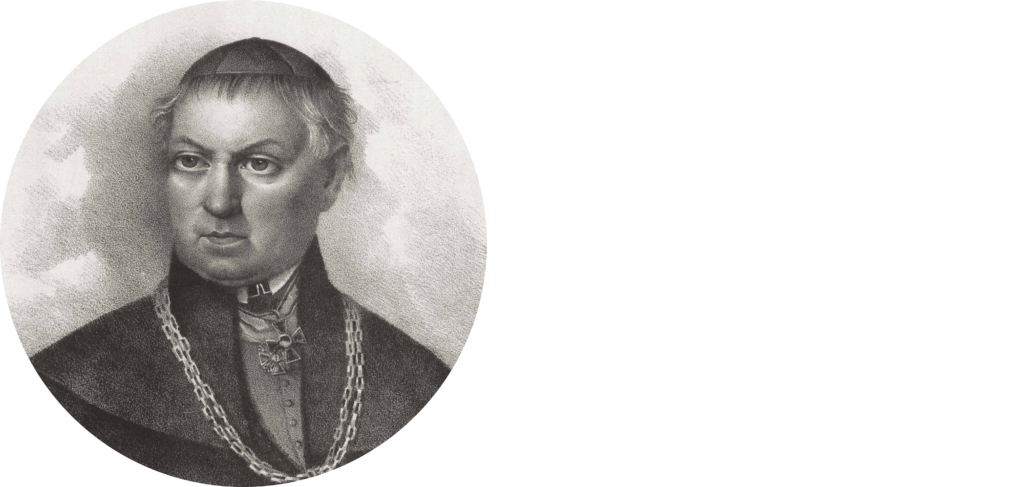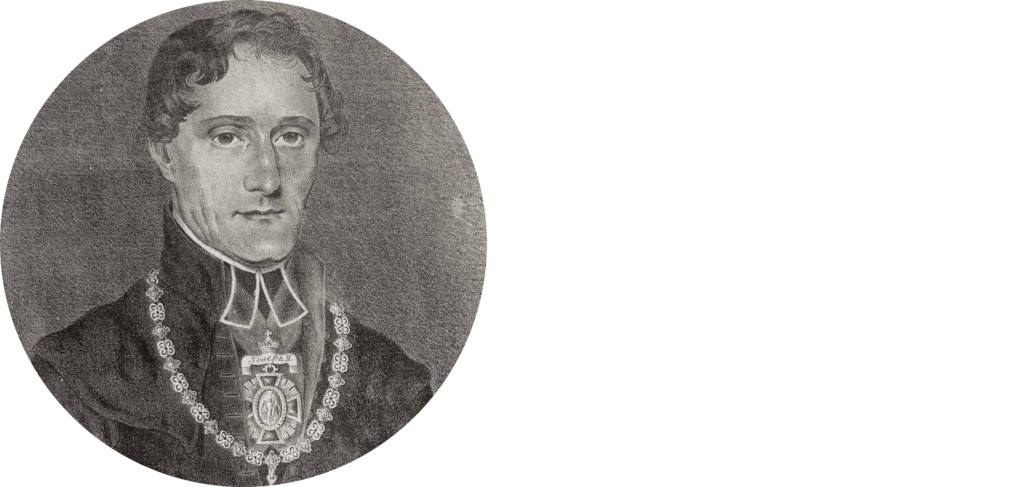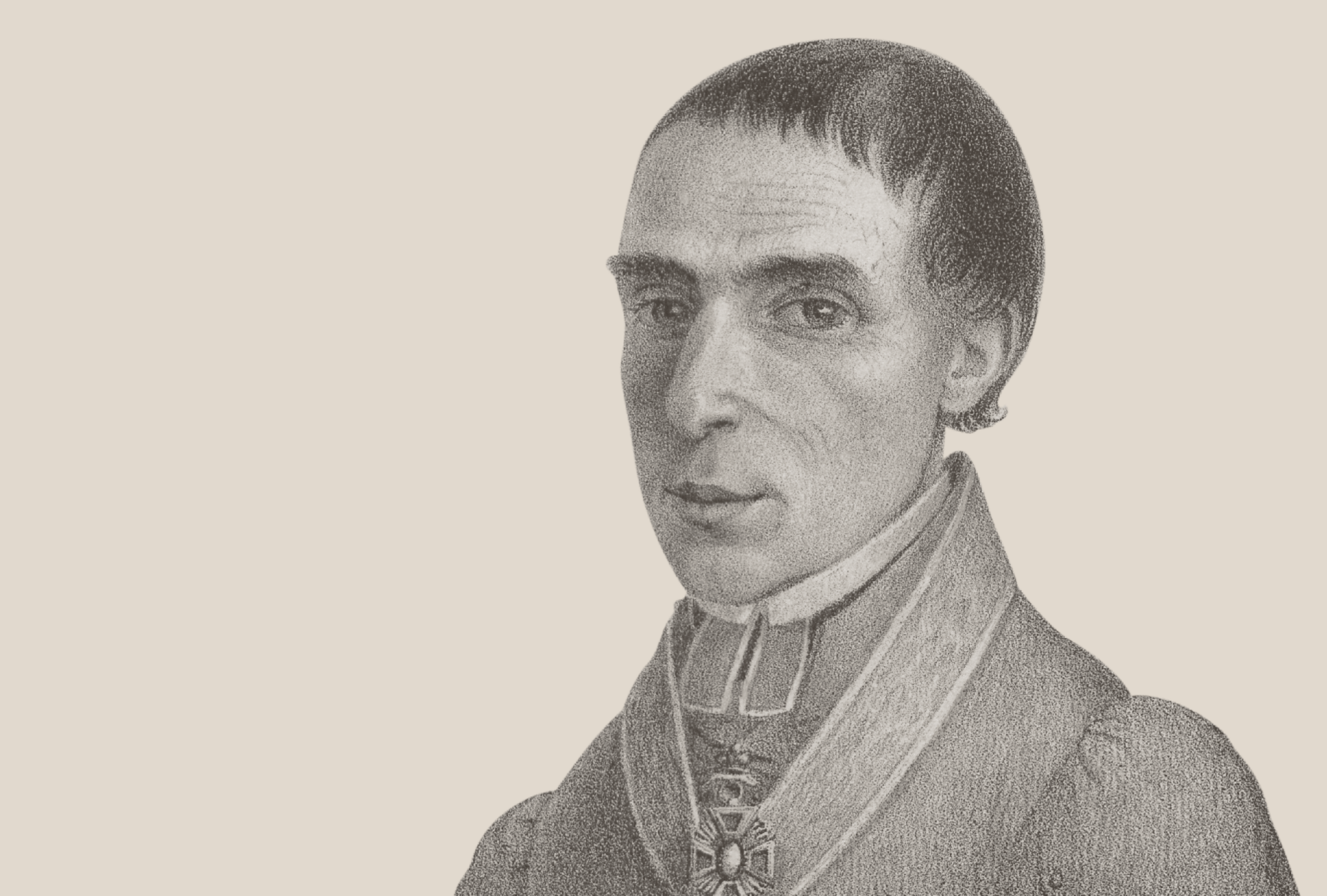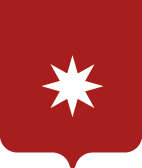- Assemani Seminar 2025The Assemani Seminar for Eastern Catholic History is back! Scholars from Austria, Canada, France, Germany, Italy, the Netherlands, UK, and US will discuss a variety of topics, including confessionalization, globalization, liturgy, and ethnic violence. To register, please email EasternCatholicSeminar@gmail.com.
- Tomasz Hen-Konarski’s essay on the Polish-Lithuanian rule in Ukraine appears on TRAFO Blog for Transregional ResearchTomasz Hen-Konarski’s essay on the usefulness of the (post)colonial vocabulary and conceptual framework for the analysis of Poland-Lithuania’s rule in Ukraine appears on TRAFO Blog under the rubric “Rethinking East European Studies in Times of Upheaval”. This series is curated by Prisma Ukraïna, a Berlin-based research network led by Andriy Portnov.
project
NEUSTERN is a research project funded by Poland’s NCN and based at the Tadeusz Manteuffel Institute of History of the Polish Academy of Sciences in Warsaw.
We are interested in how the creation of new schooling institutions by the Austrian state changed the Greek Catholic Church and enabled its leaders to redefine themselves in terms of national belonging and political allegiance.
The name of our enterprise comes from Mykhailo Harasevych, one of the key protagonists of our research, who was ennobled at the beginning of the nineteenth century as baron von Neustern. We have chosen archpriest Harasevych, because he was the first native Galician who attempted to write a history of Galician Ruthenians, his Annales Ecclesiæ Ruthenæ. We use his case as an individual example of wider historical trends and his intellectual biography will form part of a broader picture of his social and cultural environment.
In order to achieve a deeper understanding of the Greek Catholic ecclesiastic elite, we want to create a prosopographical database integrated with an open-access digital map, containing information on individual priests’ education and careers. This will allow us to describe the social networks, to which they belonged and eventually to apply this knowledge to the interpretations of their intellectual and political trajectories.
The official name of our project is “Greek Catholic Prelates of Galicia in the Face of Revolution, Restoration and Nationalism: Mykhailo Harasevych, Baron de Neustern, and his intellectual milieu” (NCN 2019/32/C/HS3/00466). At the Tadeusz Manteuffel Institute of History of the Polish Academy of Sciences we are affiliated with two departments: the Historical Atlas and the History of Ideas and the History of the Intelligentsia in the 19th and 20th Centuries.
Blog
- What is a nation? An answer from Austrian Galicia (1883)Russia’s government justifies its aggression on Ukraine by insisting that Ukrainians are a branch of the Russian nation. Two nineteenth-century historians, one from Paris, the other from Lviv, help us to see through the intellectual poverty of Kremlin’s nationalist fantasy about domination over Ukrainians and Belarusians. On 11 March 1882, exactly 140 years ago, Ernest …
Continue reading “What is a nation? An answer from Austrian Galicia (1883)”
team
Tomasz Hen-Konarski /principal investigator/

Research fellow in the Department of the History of Ideas and the History of the Intelligentsia in the 19th and 20th Centuries (The Tadeusz Manteuffel Institute of History, Polish Academy of Sciences). A cultural and intellectual historian of European politics in the late eighteenth and early nineteenth century, he has published on Austrian, Polish, and Ukrainian topics in Acta Poloniae Historica, Austrian History Yearbook, European History Quarterly, and Kwartalnik Historyczny.
MA (University of Warsaw), PhD (EUI, Florence)
then@ihpan.edu.pl
https://ihpan.edu.pl/en/employess/400-tomasz-hen-konarski/
http://pan-pl.academia.edu/TomaszHenKonarski
Grzegorz Myrda /junior researcher/

Research assistant in the Department of Historical Atlas (The Tadeusz Manteuffel Institute of History, Polish Academy of Sciences). A graduate of the Faculty of Automatic Control, Electronics and Computer Science of the Silesian University of Technology, for over 20 years he has been dealing with issues related to Geographic Information Systems, and recently the applications of GIS in historical research. Author of books on GIS and publications on the border between history and computer science.

